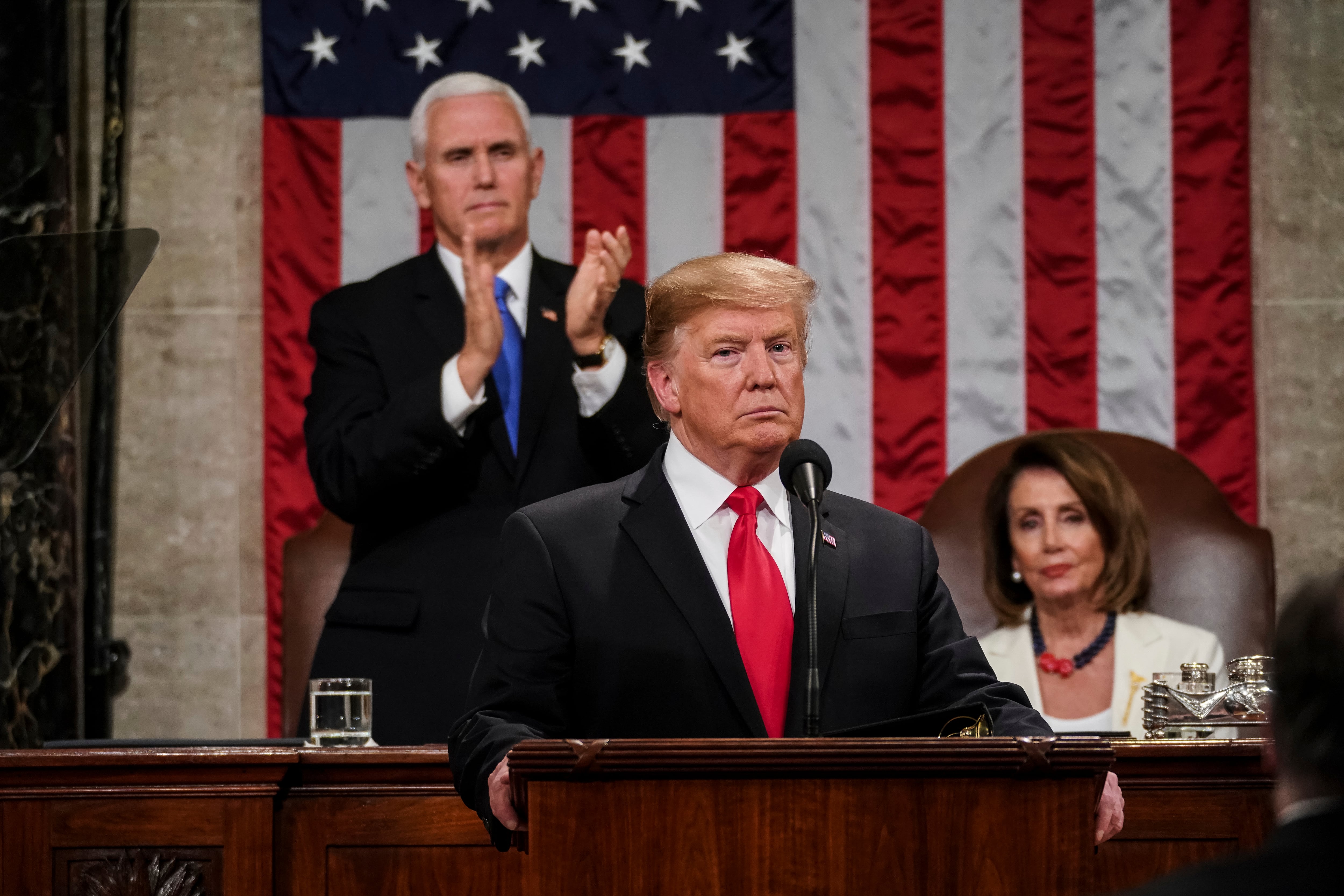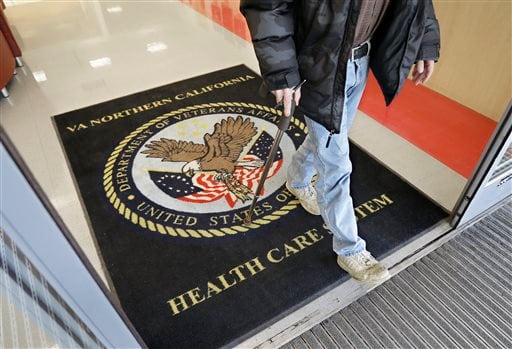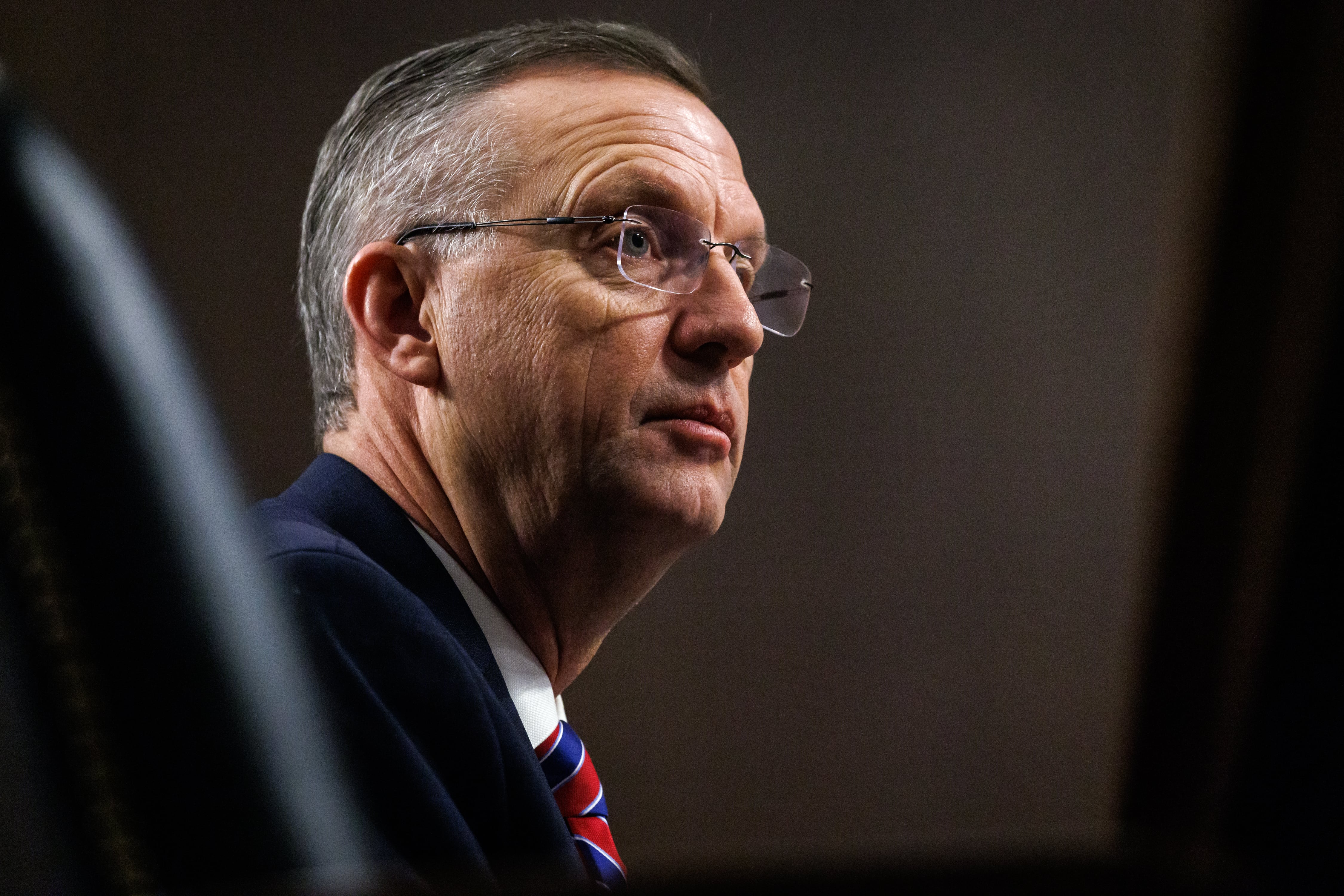Republican members of the House and Senate have come to an agreement that would increase federal employee pay by 1.9 percent, in direct contradiction of President Donald Trump’s stated intent to freeze federal employee pay in 2019.
The agreement, which was first reported by the Washington Post, comes after the Senate and House versions of the general government appropriations bills initially conflicted on federal pay.
The Senate version of the bill would have increased pay by 1.9 percent, while the House version did not increase employee pay.
Though the House and Senate appropriations committees met in conference over the legislation in mid-September, the appropriations for general government — along with Financial Services and the Departments of Interior, Environment, Transportation, Housing and Urban Development, Agriculture and Food and Drug Administration — were ultimately funded temporarily through a continuing resolution that expires in December 2018.
RELATED

“This is an important complement to our providing the largest pay raise to our military in almost a decade and it is a strong sign of our respect and support for the essential work done by our federal employees,” said Congresswoman Barbara Comstock, R-Va., in a news release.
“With our strong, booming economy, it is essential that we keep our federal salaries competitive so we attract the talent in the civilian workforce that is needed for our national security, homeland security, law enforcement, and medical research jobs and more. The pay freezes that occurred for 3 years during the Obama administration hurt our federal employees and we will continue fighting for competitive compensation and work with the coalition of members throughout the country who represent our federal employees — 5 out of 6 of whom live outside the Washington Metropolitan area.”
The deal is far from set in stone, however.
The House and Senate will likely take up consideration of the proposed raise, which has already garnered widespread Democratic support, when members return from recess after the midterm elections.
Any additional riders on that legislation that elicit more partisan responses could potentially stall or delay conference negotiations.
“A modest increase in pay not only acknowledges America’s hardworking, middle-class federal employees, but also serves as an investment that will help maintain and strengthen the federal workforce and align it more competitively with the private sector,” said Richard G. Thissen, the National Active and Retired Federal Employees Association national president.
Jessie Bur covers federal IT and management.





